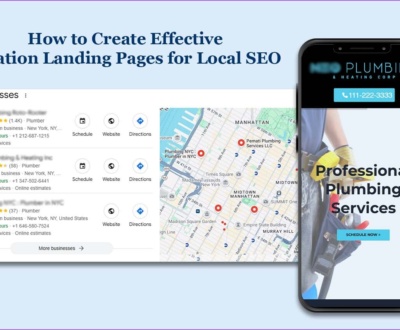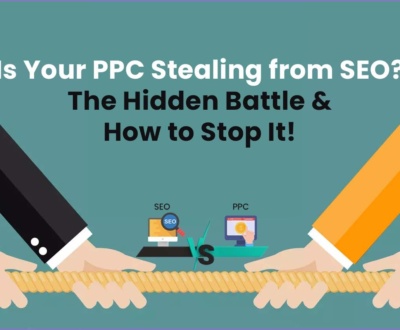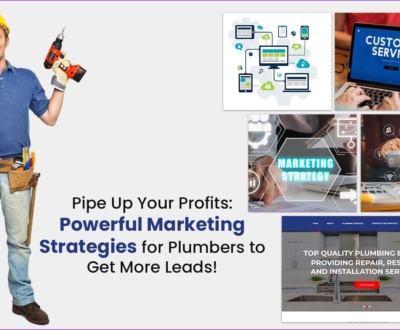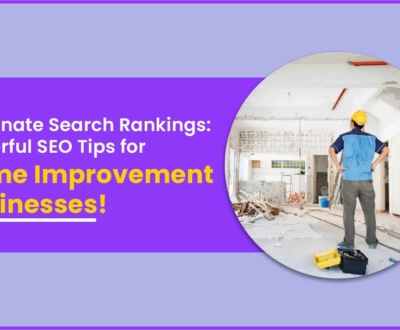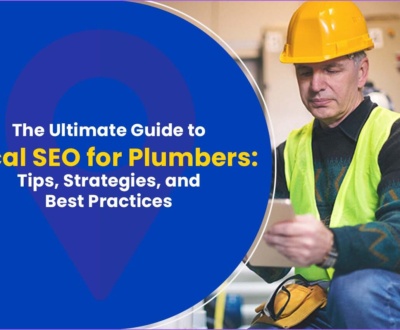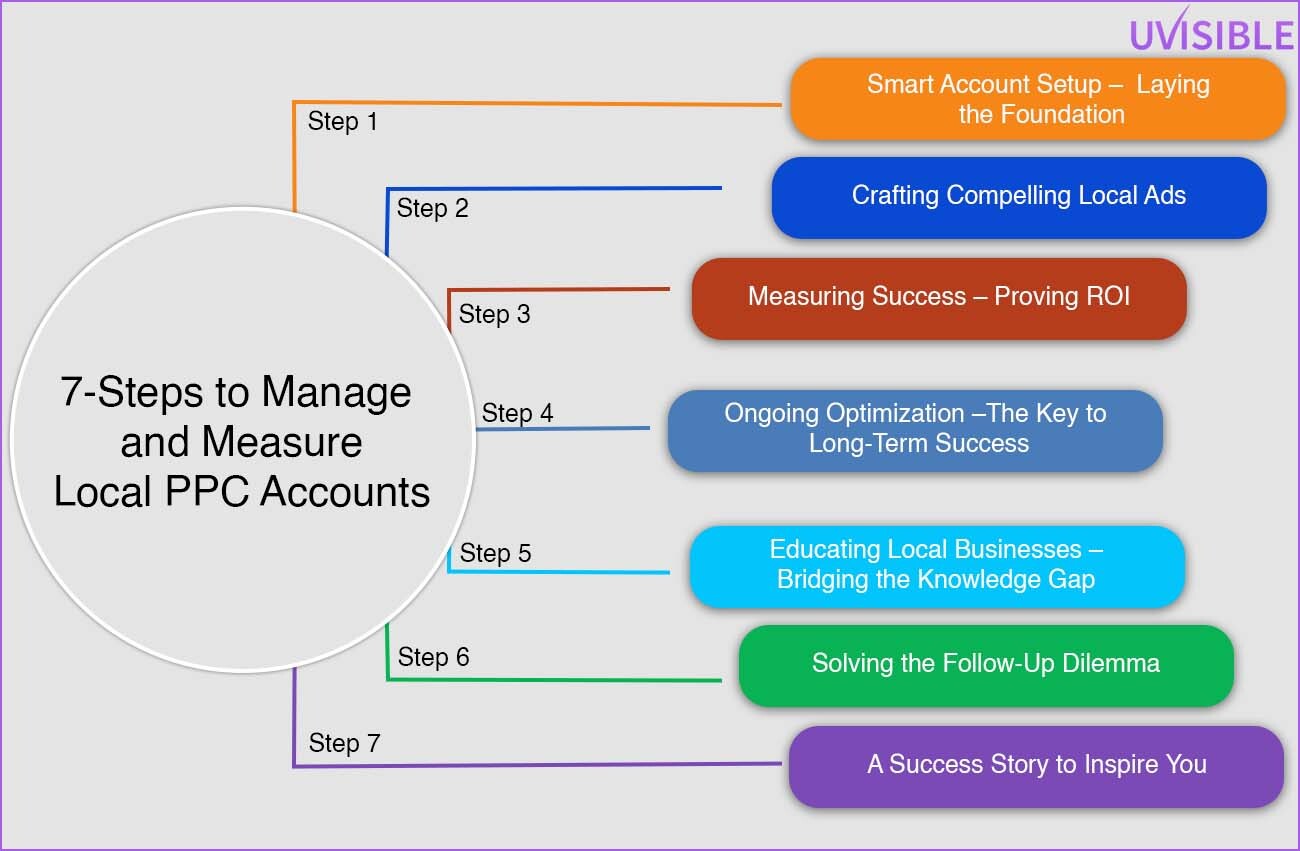
Image, you own a local bakery store in New Jersey. Your USP is the cinnamon rolls as they have legendary taste, however, you have been losing foot traffic lately.
You hear about the PPC (Pay-Per-Click) advertising technique and quickly invest in it.
You did set up a Google Ads account, chose a few keywords such as “best bakery New Jersey” and saw the clicks coming right in.
Yet, the sale never picked up, confused her, and asked herself “Where did she go wrong”.
This is a very common case with most of the local businesses. They dive into PPC strategy with high expectations but never get the expected returns.
Well, the good news is, that incorporating the right strategies such as local PPC campaigns can become strong tools to drive traffic, leads, and sales.
If you are looking to address the pain points of managing local PPC accounts and a roadmap to success, you have come to the right place.
By the end, you will be able to follow actionable strategies to optimize every dollar spent on ads.
Why Local PPC Is a Different Ballgame

Local PPC campaigns are different than global or national campaigns as they operate within smaller boundaries both financially and geographically.
This is a unique challenge and the strategies should be different-
- Limited Impressions: local geographic area means lower search volumes meaning limited impressions.
- Tight Budgets: Small businesses operating locally have tight budgets for advertising, and require precision while spending.
- Tracking Difficulties: Businesses with no-tech experience, struggle to monitor and analyze their performance, leading to waste spend and frustration.
Yet, there is no denying that local PPC holds huge potential.
According to a study, “46% of all Google searches are seeking local information,” out of which, “78% of location-based mobile searches lead to an offline purchase.”
Amazed right? Using local PPC can bridge the gap between in-store sales and online clicks.
7-Steps to Manage and Measure Local PPC Accounts
Step 1: Smart Account Setup – Laying the Foundation
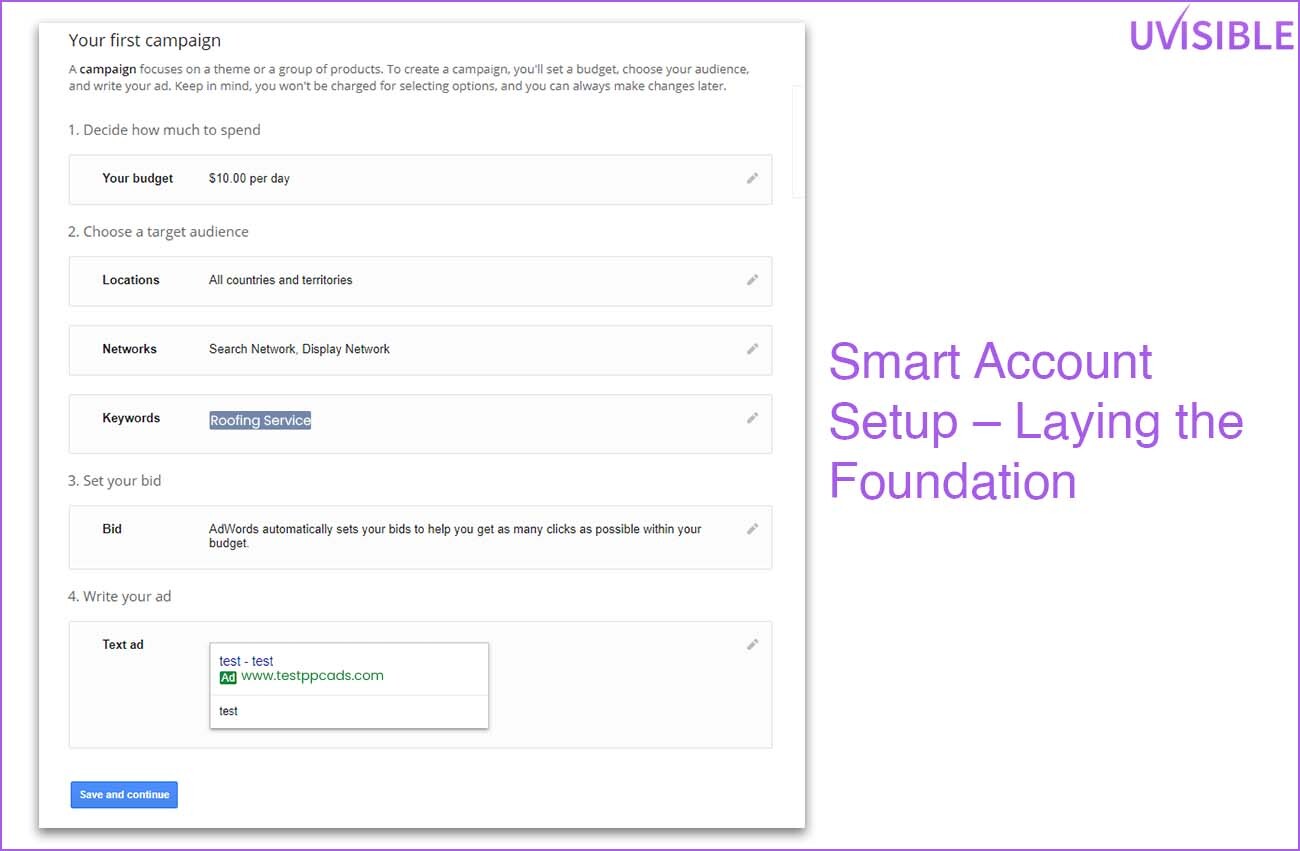
To begin with a local PPC campaign, proper account setup is required. It is required to set up careful targeting, structure, and match types for local accounts.
Match Types for Keywords
Using exact-match keywords can restrict the local PPC campaign. Narrow targeting can cause low impressions and limited ad reach.
- Solution: Use the combination of keyword match types:
- Exact Match: It will help conversion-ready queries as they are high-intent keyword queries like “Roofers near me.”

- Modified Broad Match: This will help you capture variations while maintaining relevance. For example, +emergency + roofers can give results for “emergency roofers in (city)”.
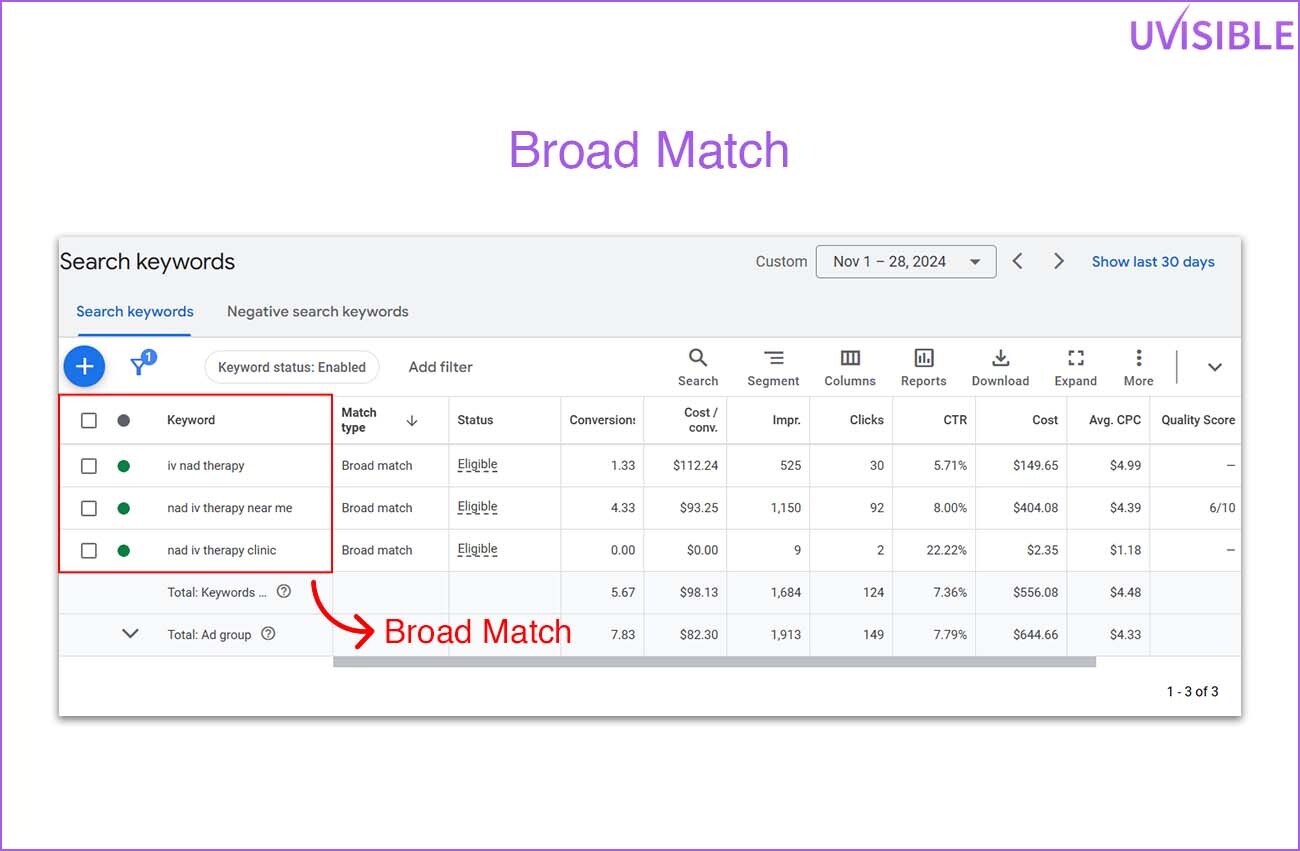
A tip for you is to add a wide list of negative keywords to save you money on irrelevant clicks. Or get help from PPC for a roofers company.
Ad Group Organization

Keyword grouping by service type, user intent, and product line is crucial for small budgets. For instance:
A PPC for a plumber agency could create separate ad groups for “washroom leak repair,” “install plumbing systems,” and “install and repair pipes.”
A local restaurant might segregate between “brunch specials” and “dinner reservations.”
Pro Tip: According to Google reports, a well-structured ad group can increase CTR by 20%.
Step 2: Crafting Compelling Local Ads
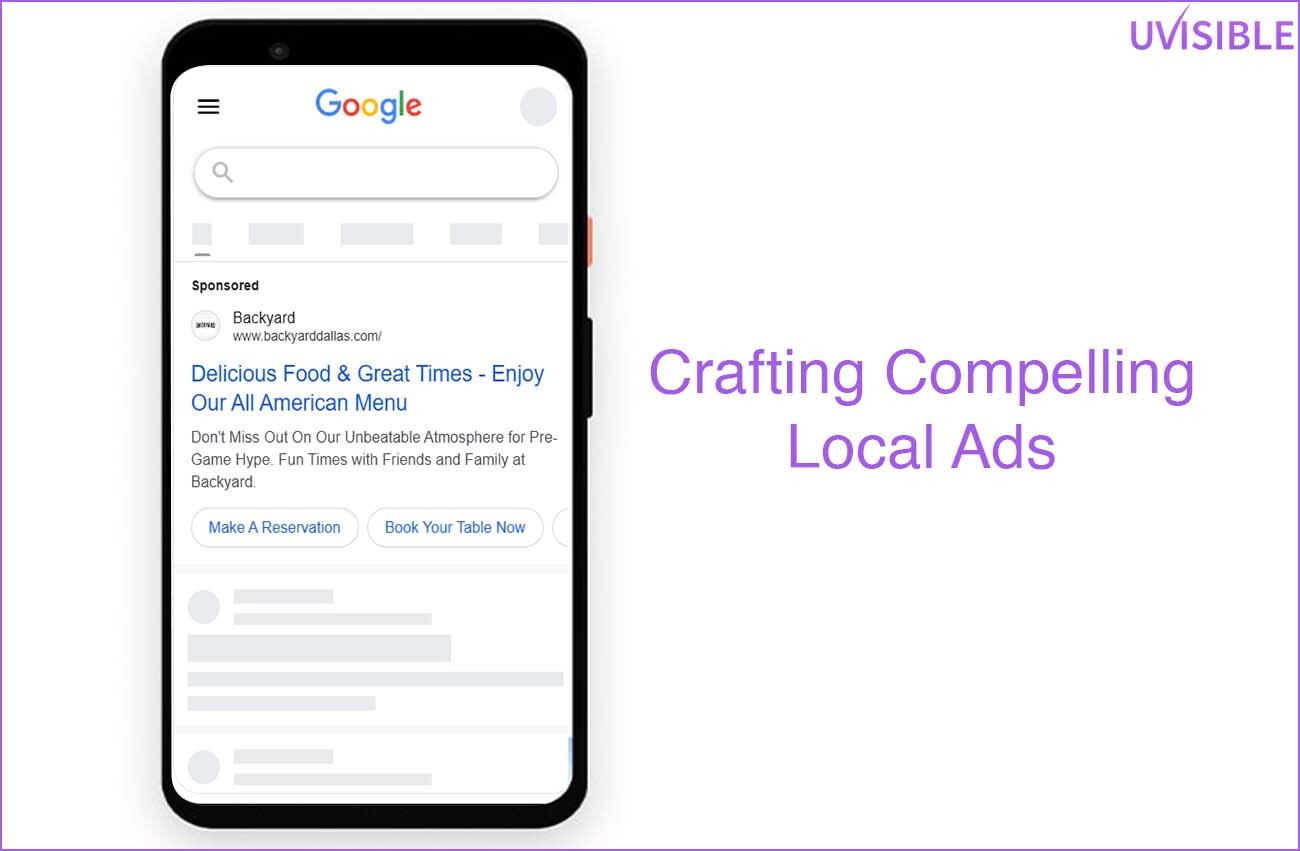
Your local PPC ads must resonate with the local audience and their specific needs. Without it, your ad won’t perform well.
Leverage the Power of Locality

If you want to leverage your existing brand image in your locality, ensure to highlight it online as well. You can create an ad copy that focuses on community ties, emphasizes proximity, or regional expertise.
For example-
- “Trusted Roofers Services in [City] for 25 Years.”
- “Find Best and Reliable HAVC Services at [Brand Name].”
Ad Extensions: Boosting Visibility
Ad extensions can ease your task of enhancing local ads. Here’s how you can incorporate them simply and effectively-
- Location Extensions: It helps you display your address and link to Google Maps for navigation.

- Call Extensions: It is the most effective extension for smartphone users as it displays phone numbers for quick contact.

- Sitelinks: It helps add the call for action links to key pages like “Hire Now” or “Special Offers.”

Case Study: A local plumbing company included call extensions to its mobile ads, resulting in a 30% increase in call volume during peak seasons.
The Importance of Mobile Ads
Create a seamless mobile experience because 76% of local searches happen on mobile, which makes it essential.
- Create responsive landing pages for smaller screens.
- Keep forms simple and short.
- Add clear and strong call-to-action like “Book Now” or “Call Now”.
Step 3: Measuring Success – Proving ROI
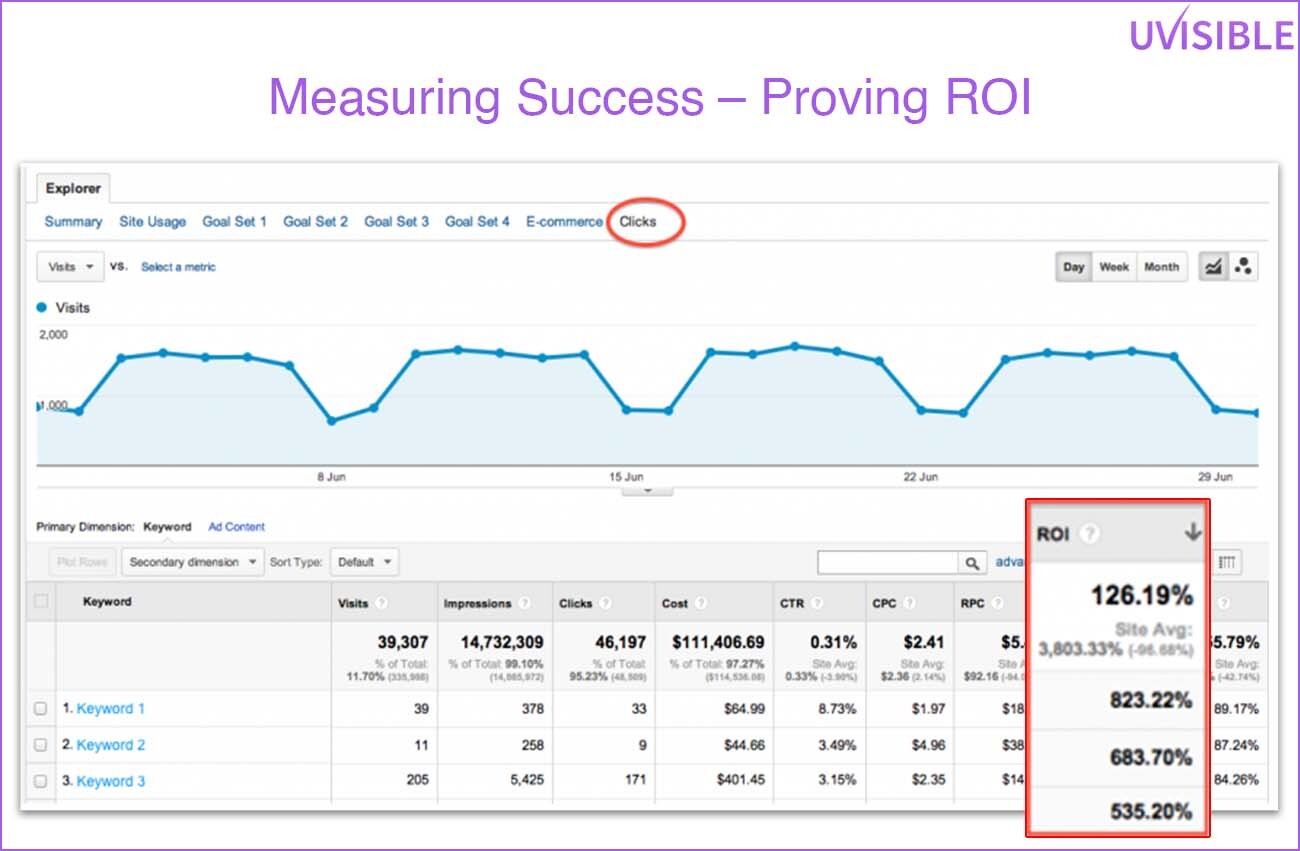
The common question asked by every local business owner is “How do I know if my ads are working or not? The answer is simple. With clear and actionable metrics, you can find out the value of PPC campaigns.
Setting Up Conversion Tracking
![]()
You can use best PPC tools like Google Analytics or Google Conversion Tracking to measure key actions, such as:
- Form submissions.
- Calls from ads.
- Clicks for driving directions.
Tip: To reduce the dependency on developers, use Tag Manager for tracking setup.
Tracking Phone Calls
![]()
It is essential to monitor phone calls for service-oriented businesses. However, for local businesses, the budget might be tight, so choose affordable options like Google Voice or Skype to track calls.
Monitoring Lead Quality
It is essential to immediately follow the leads or they will go vague. According to a study, 78% of leads can be converted with immediate response, however, 65% of businesses take around 24 hours to respond.
Solution: To monitor and implement leads, use CRM systems like HubSpot or Zoho to:
- Capture leads automatically.
- Send quick follow-up notifications.
Real-Life Example: An HVAC agency can reduce delay time by automated answers to lead notifications via SMS under 10 minutes. The result? A 60% improvement in lead-to-client conversion rates.
Also Read – Ultimate Guide to Performance Max Campaigns
Step 4: Ongoing Optimization – The Key to Long-Term Success
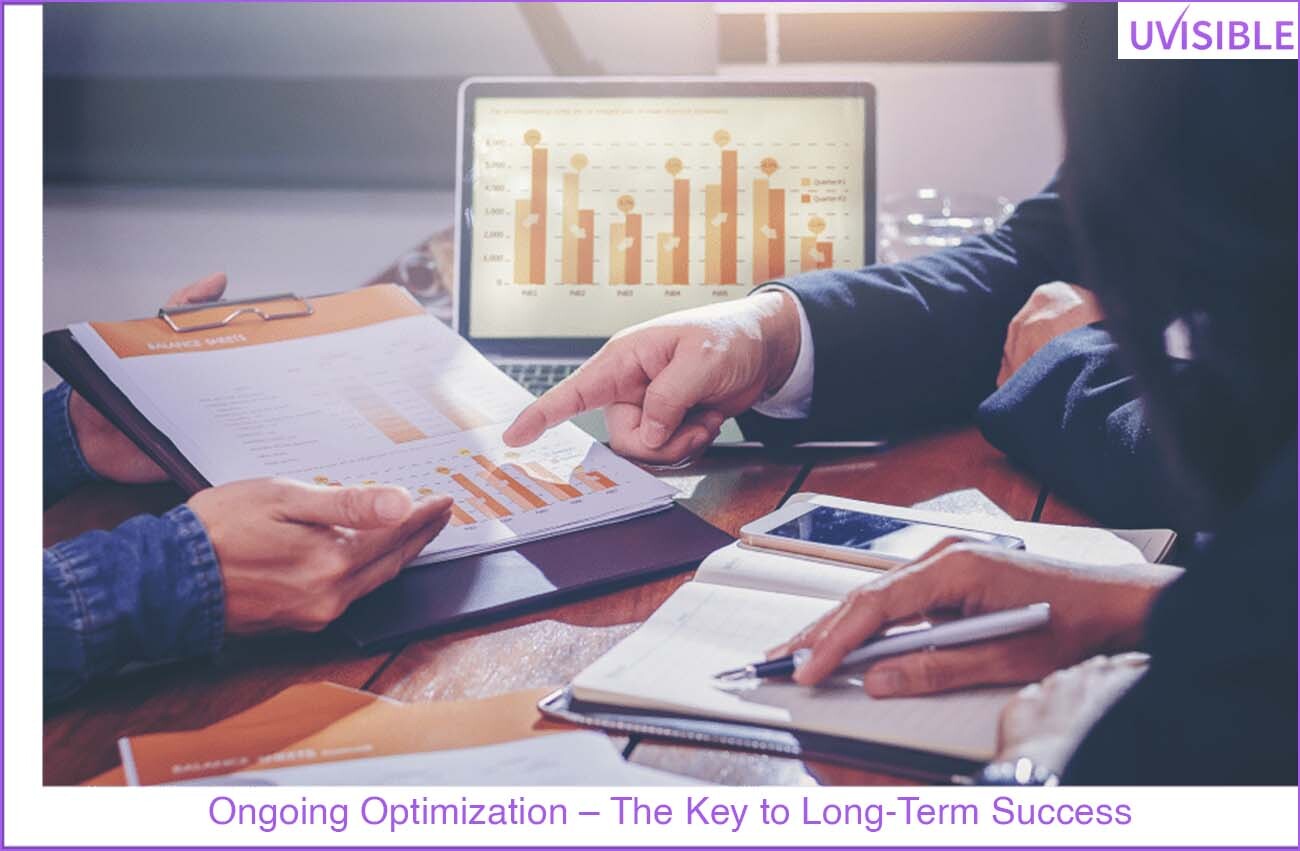
PPC is not a done and dusted thing, it requires continuous efforts and optimization to campaign effectively.
Ad Group-Level Bidding
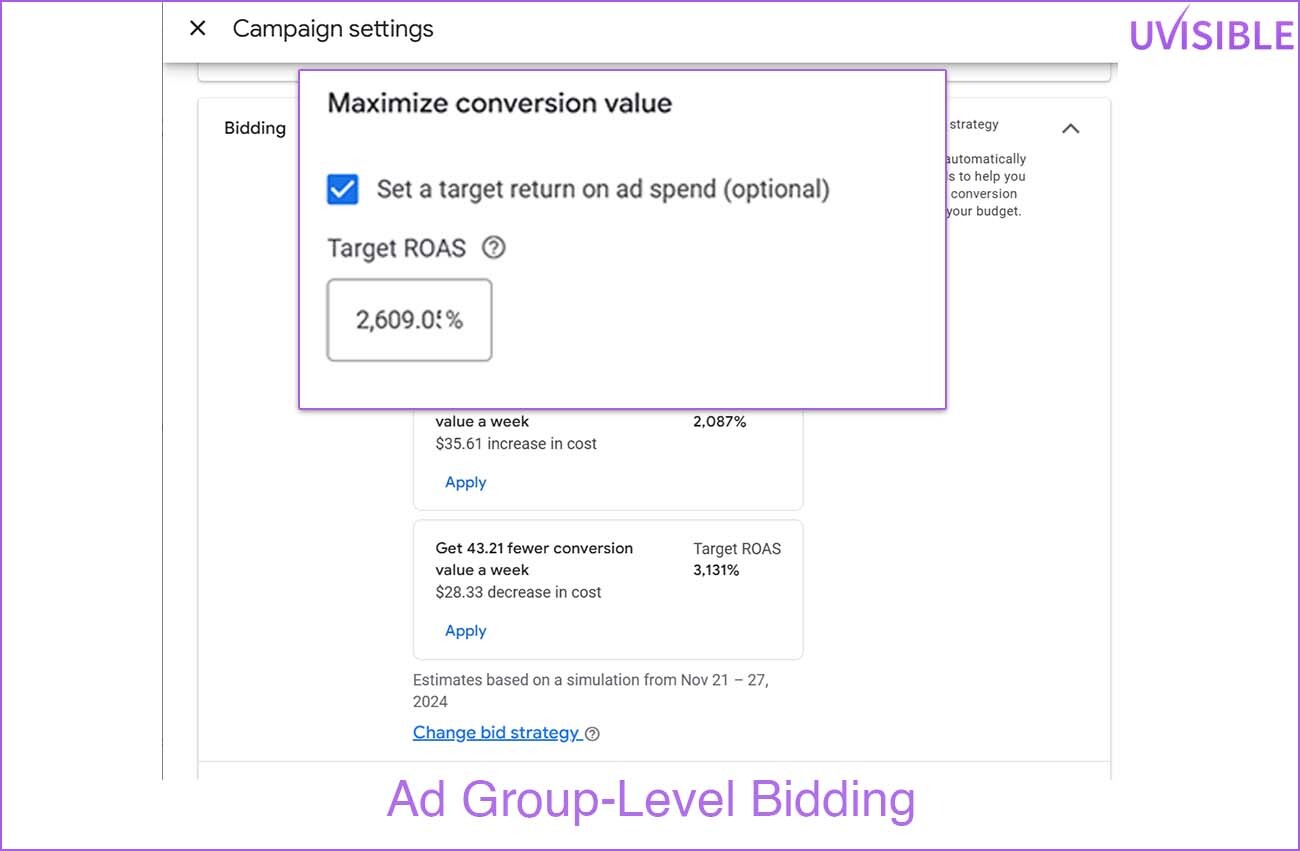
It is impractical to keyword-level bids at small datasets. What you can do is adjust bids at the group level after analyzing overall performance.
Dayparting for Efficiency
24/7 campaign visibility is not required for every business. To save cost and utilize the budget effectively, resume ad campaigns during peak hours only:
- A local restaurant might advertise from 2 PM to 5 PM.
- A real estate firm could focus on business hours (10 AM to 6 PM).
Step 5: Educating Local Businesses – Bridging the Knowledge Gap

Local PPC’s most underestimated aspect is managing expectations. Most small business owners are not familiar with it and miss the crucial factor of digital advertising.
Simplify Reporting
To simplify the PPC results, use tools like Google Data Studio. It will help you create a simplified dashboard. It is essential to focus on outcomes rather than technical metrics.
Show cost-per-lead (CPL).
Include the leads, clicks, or appointments generated.
Step 6: Solving the Follow-Up Dilemma

Do you know what hurts the most to local PPC campaigns? The unaddressed leads. Yes, your best of the PPC campaign will fail if you don’t address the leads properly. This becomes the most common pain point for local businesses.
Why Timely Follow-Ups Matter
Delayed responses to leads can reduce the chances of sales conversion. A study by Harvard Business Review found that a business that responds to a lead within an hour has 7X more chances to grab those leads.
Automate Follow-Ups
Use tools to send:
- SMS alerts for urgent leads.
- Quick email notifications to staff.
Also Read – How to Outsource Google Ads?
Step 7: A Success Story to Inspire You

One of our plumbing business clients from Sun Valley in the US was struggling to get business from local residents. Despite his expert services, he struggled to attract bookings.
After consulting our PPC expert services:
- He added call extensions to start direct bookings.
- His campaigns focused on mobile ads targeting emergency plumbing needs.
- A CRM system helped his business to respond to inquiries within 15 minutes.
The results were remarkable:
- CTR increased by 25%.
- Monthly appointments doubled.
- ROI on his $1,500/month PPC budget skyrocketed.
Mastering Local PPC
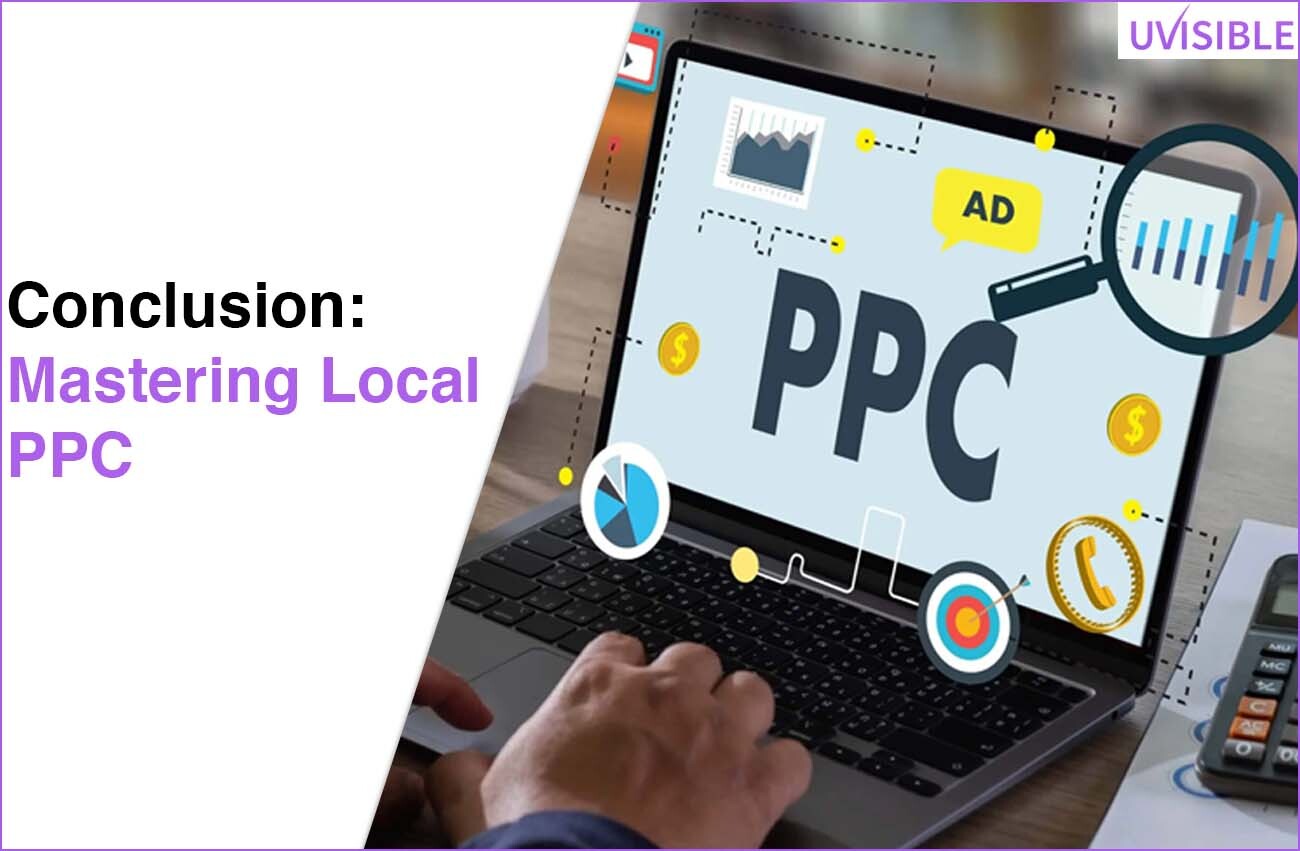
Local PPC can be challenging if not implemented with the right approach. However, choosing the right Local PPC campaigns can deliver exceptional results. Here’s what you need to remember:
You need to ensure a smart setup for the local PPC ad accounts. Create engaging and relevant ads that appeal to local customers.
Ensure effective conversion tracking through metrics to justify ROI. consistently improve and optimize the ad campaigns based on performance.
Simplify PPC by focusing on outcomes for clients. Ensure quick response to the leads for higher conversions.
Whether you are outsourcing a PPC agency or running your own campaigns, these strategies will help you thrive and give your local PPC campaign a solid boost.
So what are you waiting for? Book an appointment with the best PPC ad agency to get the most out of your local PPC campaign. Buckle and start!
About us and this blog
We are a digital marketing company with a focus on helping our customers achieve great results across several key areas.
Request a free quote
We offer professional SEO services that help websites increase their organic search score drastically in order to compete for the highest rankings even when it comes to highly competitive keywords.
Subscribe to our newsletter!
More from our blog
See all postsRecent Posts
- How to Create Effective Location Landing Pages for Local SEO March 12, 2025
- AI is Taking Over SEO – Adapt Now or Disappear from Search! March 7, 2025
- Maximize Your Reach with Google Discovery Ads March 1, 2025

